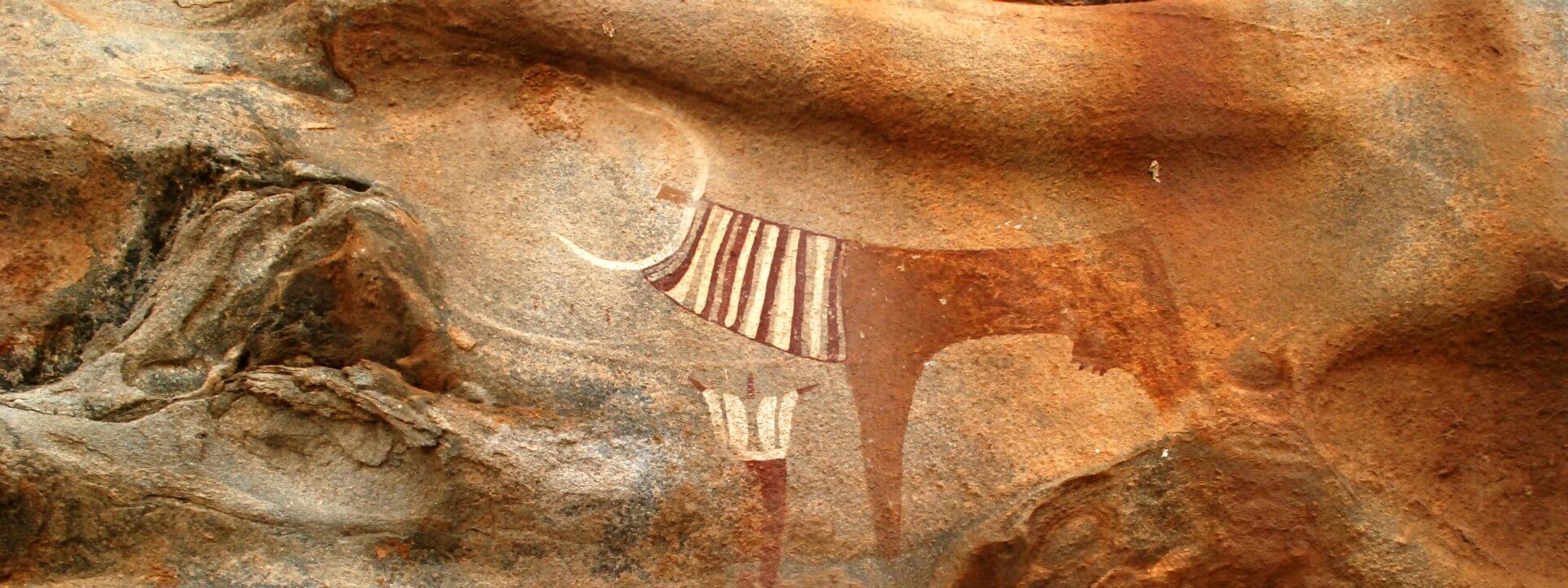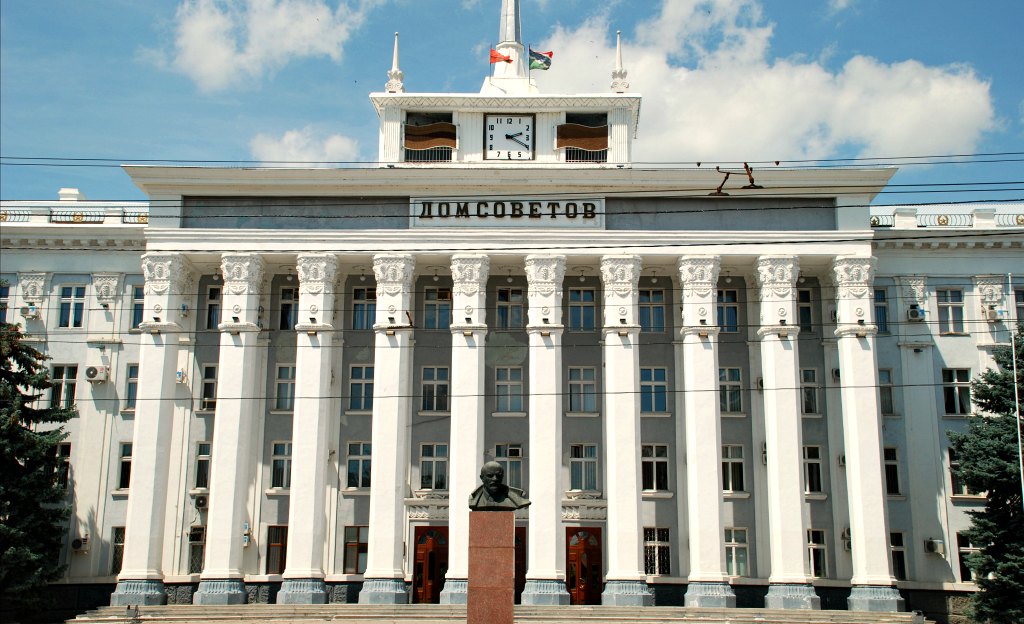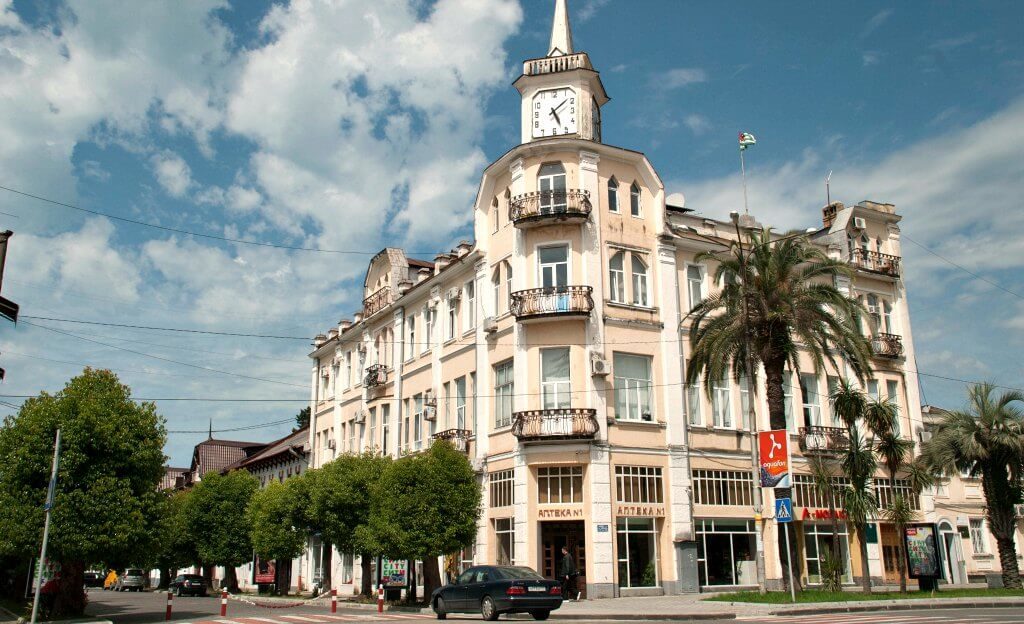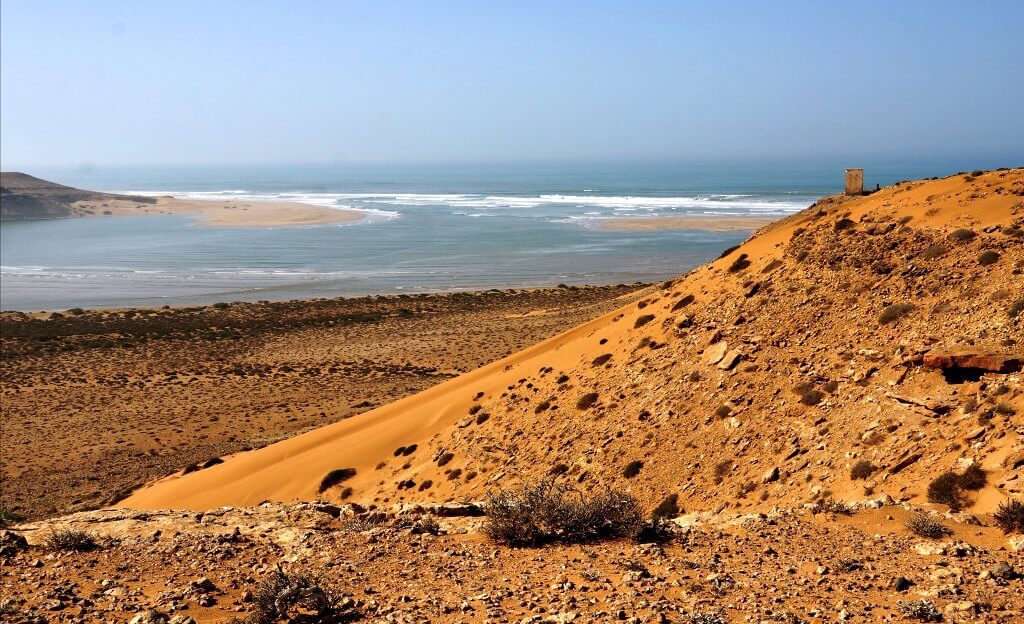
Not far from our office, 13 kilometres off the Suffolk coast and quite visible on a fine day, lies a place that doesn’t officially exist – the ‘micro-nation’ of Sealand. Originally a World War Two sea fort, in 1967 it was commandeered by the Bates family who promptly declared it an independent principality, taking advantage of its ambiguous status lying outside of British territorial waters.
Since then, they’ve defended their little slice of the North Sea fairly successfully, repelling a team of mercenaries in the 1970s, kidnapping a German lawyer (who claimed to be the rightful ruler of Sealand) and issuing their own passports, coins and postage stamps. Sealand still exists today, although the ‘royal family’ have decamped from its actual territory and now live just down the road from us.
Bizarre though this may be, it’s not alone.
Look up ‘unrecognised countries’ in Google and you might be surprised by some of the results, from Cyprus (unrecognised by Turkey) to Taiwan, locked in continual dispute with China, and Israel, officially unrecognised by many of its neighbours.
Here, we select some of the most unusual ‘countries which don’t exist’, places you may never have heard of, but can travel with us to explore. It takes ‘off the beaten track’ to a new level entirely.
1. Transdniestr

Transdniestr, or Transnistria, is a breakaway state the size of Dallas, Texas, within Moldova between the River Dniestr and the Ukrainian border. Once part of the Soviet Union, its population of 500,000 decided to declare independence once the Cold War ended, sparking war with Moldova. Things are peaceful now, but the two states eye each other cautiously from across the border. Ethnically, it has far more ties with Russia, and you will hear Russian being spoken here. The capital, Tiraspol, is a rather odd but intriguing place where the Soviet Union doesn’t seem to have quite died and is fascinating to explore for an insight into what life was once like behind the Iron Curtain. Take a look at the following article to find out a little more: Meet the people of a Soviet country which doesn’t exist.
Want to travel to this breakaway state yourself? We cross over the border on our 7-day Moldova Explorer trip.
2. Abkhazia

At one time, Abkhazia was most famous as a getaway for the Russian elite – a jewel in the crown of the Russian Riviera, where old villas once used by the KGB still remain.
Surrounded by stunning landscape and located between the Black Sea and the lush foothills of the lower Caucasus, the former USSR state, which, following a messy war with neighbouring Georgia, now claims to be a separate country, recognised by no one else except South Ossetia. Again, it’s a country which doesn’t exist. Today’s intrepid travellers, whilst few, can enjoy the subtropical climate of the coastal region, whilst the highlands still harbour the best of traditional culture, with shepherds looking after their flocks deep within the mountains and offer great hiking opportunities for those willing to get even further off the beaten track. Have a read of Fordor’s 12 things to know about the renegade republic of Abkhazia for some great insights and imagery.
Unfortunately we’re not currently able to visit Abkhazia due to the Russia / Ukraine conflict, but hope to be able to return there soon.
3. Somaliland

Somaliland is a different kettle of fish to its anarchic and unruly neighbour to the south, Somalia. As the rest of the country descended into a horrible civil war in the 1990s, the former British colony of Somaliland quietly snuck away and declared its independence and has enjoyed a largely peaceful existence ever since (Read, When is a nation not a nation – a long, but fascinating article from The Guardian).
Despite doing all the right things – stable government, rule of law, establishing an army – no one has yet recognised it as an independent country, which seems slightly unfair, seeing as it’s doing a far better job at administering its territory than Somalia proper. Tucked away in this remote part of the Horn of Africa, you can find some of the continent’s best rock art, wander through the old Ottoman quarter of Berbera and explore the lively markets of Hargeisa, meeting friendly traders glad to welcome tourists to their country.
We have two trips which take in Somaliland, the African country which doesn’t exist; our 13-day, Djibouti, the Danakil Depression and Somaliland adventure and our 10-day The Horn of Africa – Djibouti and Somaliland trip.
4. Western Sahara

Stretching almost 100,000 square miles from Morocco to West Africa, Western Sahara is a sparsely populated ‘no-man’s land’, a wild, windswept, pristine desert traversed by nomadic tribes with their camels and livestock who follow traditional lives almost as much as their ancestors did, albeit with a few nods to modernity. Whilst the land is as beautiful as it is unforgiving, that’s not the only reason that tourism here is practically unheard of. Instead, like many countries, the reasons are more complicated.
Having once been colonised by the Spanish, it was relinquished in 1975 and, after accession disputes between Morocco and Mauritania, the latter won out. However, in the intervening years, Western Sahara’s indigenous population, made up of Saharawi and Reguibat tribes, have sought independence, with the ‘Polisario’ (independence movement) fighting to claim the land for itself. Despite being promised a referendum, this has never happened, so although the fighting has long since stopped, the people and land remain ‘in limbo’, with the ‘Berm’, the longest defensive fortification in use today, separating Morocco from Western Sahara, an inescapable reminder. What for the future? Read this New Yorker article, which explains more: Is one of Africa’s oldest conflicts finally nearing an end.
If you’d like to venture into one of the world’s least-visited areas, join us on our 13-day Morocco and Western Sahara trip as we travel through this disputed region almost to West Africa.
Native Eye Travel
We specialise in unusual destinations and traditional, often tribal cultures and offer some of the most exciting and ground-breaking small group adventure tours and tailor-made trips on the planet. If you’d like to know about destinations in Africa, Asia, Europe and Latin America, places on the wild frontiers of travel, do get in touch.
Telephone 01473 328 546 or e-mail us using our contact page.
Other blogs you may be interested in include:
Unusual Holidays in Europe
Best UNESCO World Heritage Sites
Pictorial journey around Sudan
Best things to see on Central Asia Tours


